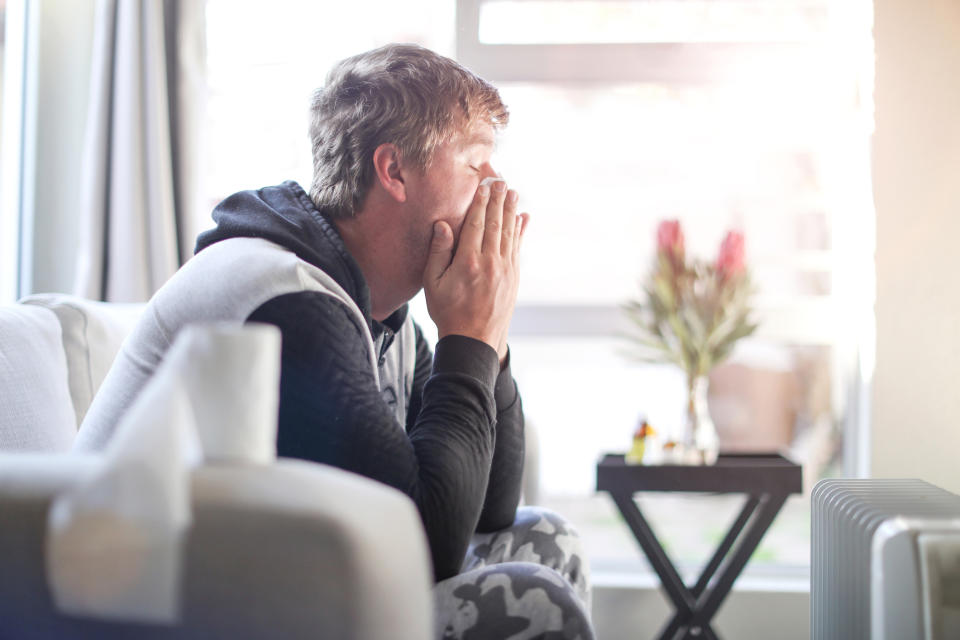Virus shocker: The debt devastating 2 million Aussies

The coronavirus-induced economic downturn has sent almost two million Australians into panic about how they'll pay off their Buy Now Pay Later debts.
Research commissioned by comparison site Mozo also showed that 69 per cent of people using platforms like Afterpay and Zip are "financially stressed" by their instalments, as unemployment and underemployment struck many.
"Many Buy Now Pay Later users are financially stressed and struggling to meet their payment obligations," said Mozo director Kirsty Lamont.
Lamont advised those in difficulty to contact the BNPL provider before the hefty late fees hit.
"Providers like Afterpay will make an assessment based on your financial situation, whether that’s the need for a time extension or changing the repayment amount."
Lockdown life and subsequent unemployment has meant that, disturbingly, half the respondents admitted using BNPL to "get by", to obtain essential items like food and warm clothing.
While fashion – at 30 per cent – remains the dominant sector for BNPL, groceries and beverages are now each taking up 12 per cent of purchases.
"Non-essential spending on items like electronics, homewares and self care experienced a decrease in purchasing frequency," Mozo stated.
The findings came from an April survey of 1,017 Buy Now Pay Later users in Australia.
About 5.8 million people in Australia now have BNPL accounts with brands like Afterpay, Zip, Openpay, Humm and Klarna, which allow an immediate purchase with smaller payments spread out over time.
These services do not typically charge interest, but fees apply if any of the instalments are late.
"Buy Now Pay Later can be a good way to manage your cash flow, but before you make a purchase, weigh it up and ensure it suits your financial situation."
Follow Yahoo Finance Australia on Facebook, Twitter, Instagram and LinkedIn.

 Yahoo Finance
Yahoo Finance 
